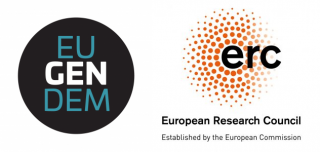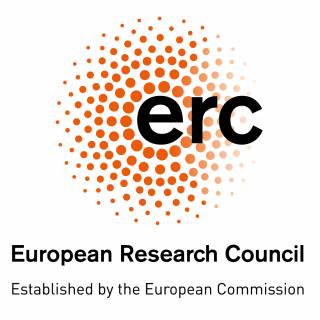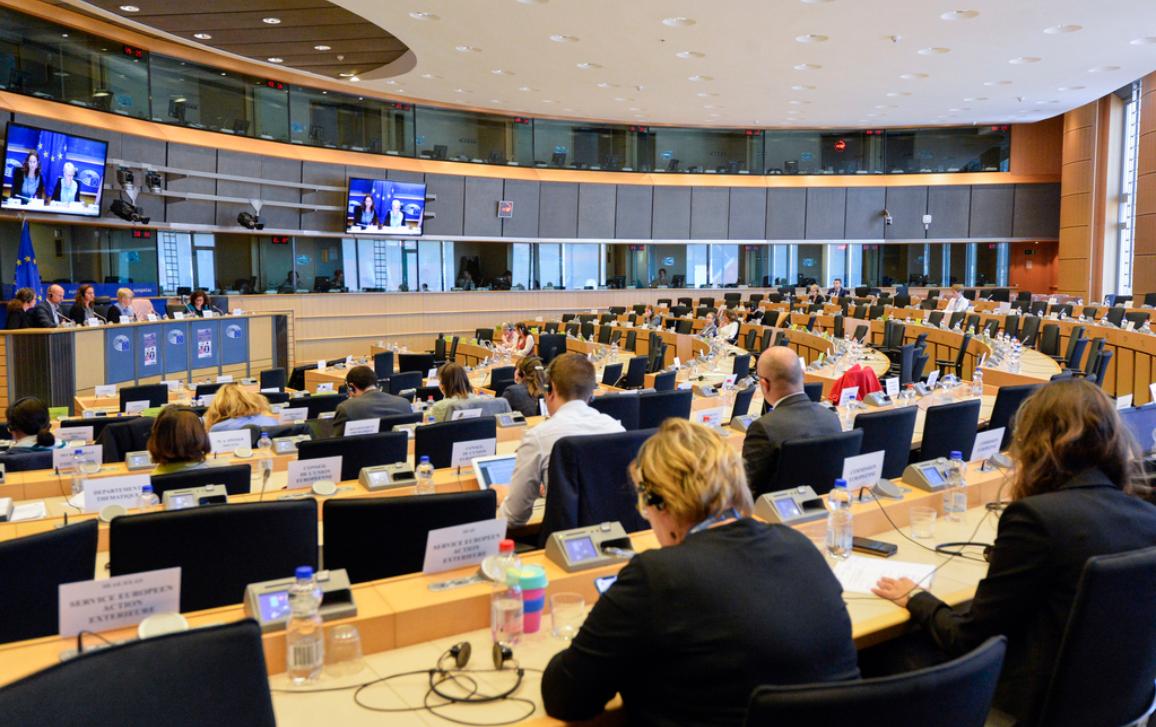EUGenDem Senior Researcher Dr. Anna Elomäki was invited to speak in European Parliament’s FEMM Committee workshop on gender mainstreaming in the EU Recovery and Resilience Facility (RRF), the main tool of the Covid-19 response of the EU. Read her remarks on the opportunities and challenges of using the RRF to build more gender equal economies.
The Covid-19 pandemic has been gendered in terms of both its impact, actors and policy responses. Gender perspectives are more visible in the crisis response of the EU than they were during the previous economic crisis. This is thanks to the lessons learned from the previous crisis and concerted action of gender equality actors within the Parliament. Implementing the recovery measures, including the RRF, will be the real test for gender mainstreaming.
Gender mainstreaming the 672,5-billion-euro RRF should not be seen as a goal in itself but a tool to ensure a recovery that benefits everyone and builds a more gender equal economy and society. This means tackling the long-term care crisis intensified by Covid-19 and making care – unpaid care as well as public care services – the center of our economies and economic policymaking. This includes decisions about the use of the EU recovery money.
Opportunities and challenges
The RRF regulation adopted by the Council and the EP as well as the European Commission’s guidance for drafting the national recovery and resilience plans that set national investment and reform priorities, provide some opportunities for gender mainstreaming. Tackling the impacts of the crisis on women is part of the scope of the RRF, member states are required to integrate a gender perspective in their national recover and resilience plans and use of gender-disaggregated data is required.
Yet there are several risks and challenges to take into account. One of these is that gender mainstreaming obligations might have come too late to influence the EU and member states’ spending plans. The required gender perspectives risk to be added on the top of already existing investment and reform priorities without influencing their content.
Another challenge is that the drafting and implementation of the national plans is in many countries dominated by economic actors, such as ministries of finance. Economic actors often see gender equality and gender equality knowledge as irrelevant and have limited gender expertise.
The implementation framework of the RRF, the European Semester, poses challenges for gender mainstreaming too. The EU and national gender equality actors have had limited access to this annual cycle of economic and social policy coordination and inserting gender perspectives has been difficult. Moreover, country-specific recommendations given to member states in this framework are expected to form the basis for the national plans. Some of these recommendations, like making public services more cost-effective, might have adverse impacts on gender equality. On the positive side, 2019 eight member states received recommendations on gender equality or childcare. These recommendations should be followed up in the national recovery plans.
A key risk in terms of using the RRF to invest in care and build strong care economies is its narrow idea of public investment. Definitions of public investment tend to exclude ongoing delivery of care services (e.g. teachers and nurses salaries). Similarly, the facility cannot fund ‘recurring national budgetary expenditure’ like salaries. This means the Facility has limited possibilities to support the care sector that has been at the center of this crisis and create jobs in the female-dominated public care sector.
Conditions for successful gender mainstreaming
Ensuring that RRF supports gender equality requires that the RRF operates on a broad understanding of gender equality that goes beyond employment-related issues. It is crucial to talk about both paid and unpaid care – themes that tend to be either under-valued or neglected in economic decision-making. It is also crucial to talk about gender-based violence. Although this theme that has been high on the gender equality agenda of the EU, it has been invisible in the economic and social policy agenda to which the RRF is connected.
Secondly, we need gender equality knowledge to support spending decisions and track progress. Knowledge about the gender impacts of Covid-19 must be factored in the national plans. Moreover, monitoring the effectiveness of the RRF and national plans in addressing these impacts and other gender equality problems requires monitoring indicators related to gender equality and data. Good quality gender impact assessments are needed to analyse who benefits from the proposed investments and indicators measuring job creation must be disaggregated based on gender.
In what comes to member states’ reform and investment agendas, it is crucial to insist on a dual approach that combines measures to promote gender equality with gender mainstreaming of all activities from measures to support the green transition to digitalisation. This approach has been used in the European Social Fund (ESF), but RRF regulation does not require member states to fund specific activities to promote gender equality.
Concrete steps forward
The decisions about national investment and reform priorities that are currently being made are the key moment for ensuring the RRF contributes to tackling gender impacts of the crisis and to more gender equality economies. It is important to ensure that despite the challenges described above, the RRF is used to advance investment in gender equality, including in care.
The European Commission, in turn, should take the gender perspective into account when assessing the national plans. It should also make sure that the common reporting framework and RRF scoreboard currently under preparation include a broad range of gender specific indicators and that key indicators, like the number of created jobs, are gender-disaggregated. Commission could also develop a method to track spending on gender equality as part of the method for tracking social expenditure it has been required to prepare. Gender equality also has to be included in the future implementation and evaluation reports.
The workshop can be watched here: https://multimedia.europarl.europa.eu/en/committee-on-women-s-rights-and-gender-equality_20210316-1645-COMMITTEE-FEMM_vd
Anna Elomäki is the responsible leader of the work package “Gender impacts of the economic policy” of the research project “The impact of the Covid-19 crisis on gender equality in Finland”, led by the Finnish Institute of Health and Welfare in cooperation with Statistics Finland, Tampere University, and the National Institute for Social Insurance. The research is funded by the Prime Minister’s Office. Follow the analysis of the short and long term gender impacts of the pandemic here: https://thl.fi/en/web/thlfi-en/research-and-development/research-and-projects/the-impact-of-the-covid-19-crisis-on-gender-equality-in-finland



